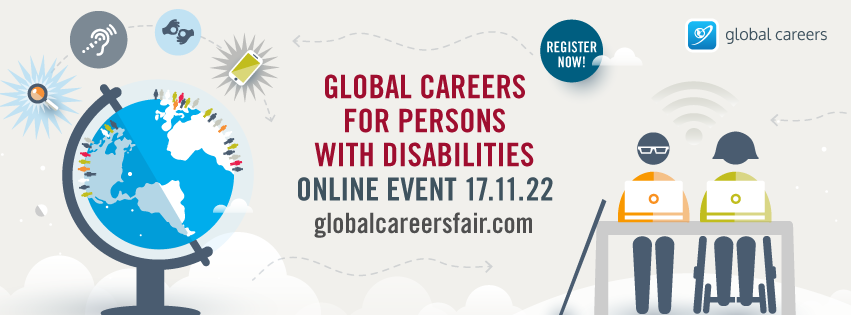This website uses cookies so that we can provide you with the best user experience possible. Cookie information is stored in your browser and performs functions such as recognising you when you return to our website and helping our team to understand which sections of the website you find most interesting and useful.
Elias has been working for UNHCR for the last 15 years and has developed a hearing disability in the last five years. He would like to share his very positive experience in this true inclusive workplace.
‘I’ve been working with UNHCR in the protection field for the last 15 years. I didn’t have a disability when I joined, but I developed issues with hearing about five years later. I can still hear most things, but I find it difficult when people speak in a low voice or have an accent with which I’m unfamiliar.
Until recently, nobody really talked about my disability, and I would avoid talking to people as it can be difficult to communicate face-to-face. However, the Covid situation has actually helped me: as soon as everything went online, I was able to wear a headset, which helps enormously – particularly as hearing aids are not an option in my case.
The people here at UNHCR are extremely nice – they don’t see you through your disability. I’m treated exactly the same as my colleagues and am able to participate fully in interviewing and counselling. When it comes to meetings, I always ask for written minutes so I can be sure that I’ve fully understood everything. UNHCR fully understands my requirements and never says no to anything I need, and my colleagues are very patient and always happy to repeat things for me. This became particularly important when people started wearing Covid masks, as of course that prevented me from lipreading.
The most important thing I’d like to communicate is that many disabilities are invisible. When you work with someone, you have to be kind, as you may not know why they are the way they are. Everybody at UNHCR understands this, which makes it an excellent place to work, whatever your disability.’

